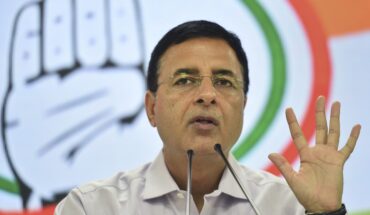Despite formidable challenges, the National Statistical Office’s recent data reveals a resilient Indian economy. Projections reveal a promising 6.1% GDP growth in Q1 2023, contributing to an annual expansion rate of 7.2%—exceeding earlier forecasts. This impressive performance, even in the face of adversity, demonstrates the economy’s innate vigor. The economy’s strength was broad-based, with only two of the eight Gross Value Added (GVA) sectors showing a deceleration in growth. The construction industry led the pack with a solid 10.4% expansion, but it was the collective strength of the services sectors that propelled the GVA. Although the trade, hotels, and transport sector experienced a slight deceleration, it still posted a robust 9.1% growth. Additionally, the manufacturing industry bounced back, marking a 4.5% expansion—a testament to the sector’s resilience. The surge in manufacturing orders in May, the highest since January 2021, provides a buffer to potential headwinds in the form of a global economic slowdown and escalating financial sector risks. This uptick, highlighted in the S&P Global’s Purchasing Managers’ Index, bodes well for the economy’s future. Meanwhile, Gross Fixed Capital Formation (GFCF)—an indicator of investment activity—showed renewed vigor in the fourth quarter. Capital spending by the government on infrastructure and other high-profile public works contributed to a strong 8.9% year-on-year and 20.8% sequential GFCF growth. Given its job creation potential and multiplier effect, this improvement in investment spending indicates a promising outlook for the upcoming year. However, the data also exposes the shaky ground upon which private consumption spending—crucial for driving demand—stands, as it contracted by 3.2% from the previous period. Furthermore, with a likely El Niño on the horizon threatening agricultural output and rural spending, policymakers must be prepared to bolster growth with apt fiscal and monetary measures in the upcoming quarters.
Is Indian economy robust amidst global slowdown?
Published Date: 03-06-2023 | 7:40 pm





